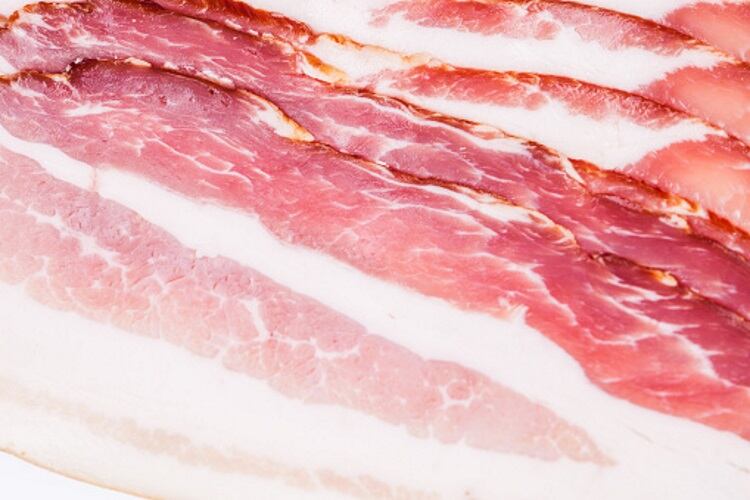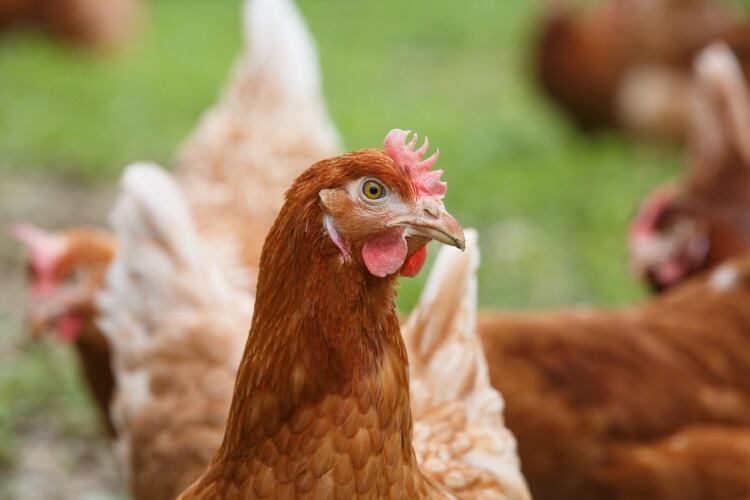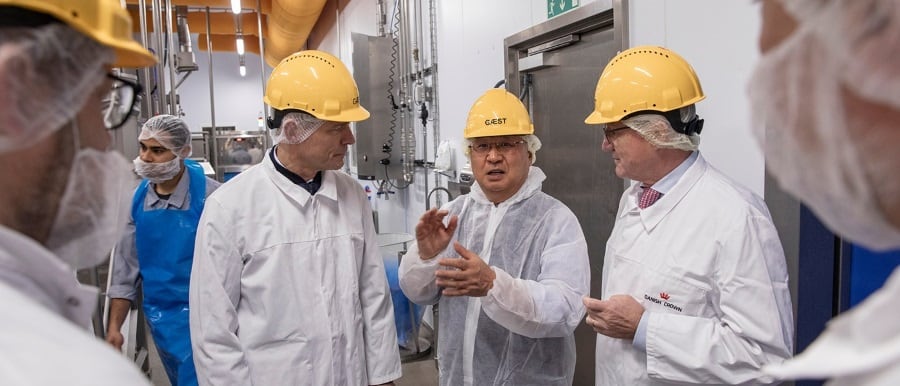Set to be launched at IFFA in May, the goals look at ways of cutting costs, increasing quality or minimizing the environmental impact from the production processes of meat, with a particular focus on the pork industry.
Benny Sandersen, business development director of the Danish Technological Institute, explained the logic behind the goals. “The meat industry’s raison d'être is challenged by consumers all over the world. Competition is fiercer than ever, and consumer demands in terms of e.g. working environment, animal welfare and traceability are in-creasing every day. By launching the 10 development goals, we aim to help the industry to develop and implement the right solutions to overcome these challenges.”
The goals set to be unveiled include a maximum lead time of 17 hours, a reduction from the current maximum of 30 hours. “To reach this goal, it is necessary to convert the cooling and production processes and cut the intermediate storage,” said Sandersen. “The result is meat of higher quality, longer shelf life and increased traceability so the slaughterhouses and pork processors can sell their products at a higher price. Furthermore, it is possible to cut the production costs and thereby improve the competitive advantage.”
The institute have developed these goals in co-operation with the Danish pork industry. “The Danish pork industry is facing the same challenges as slaughterhouses and pork processors in Brazil, the USA or any other market and therefore, the goals are relevant to the industry globally,” added Sanderson. “Today, we do not have all the solutions to meet every goal but by keeping them as lighthouses in the innovation process, we will find new solutions to benefit the industry and the consumers.”




